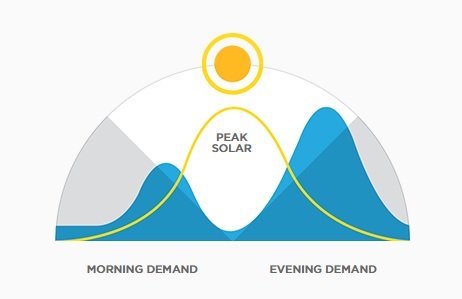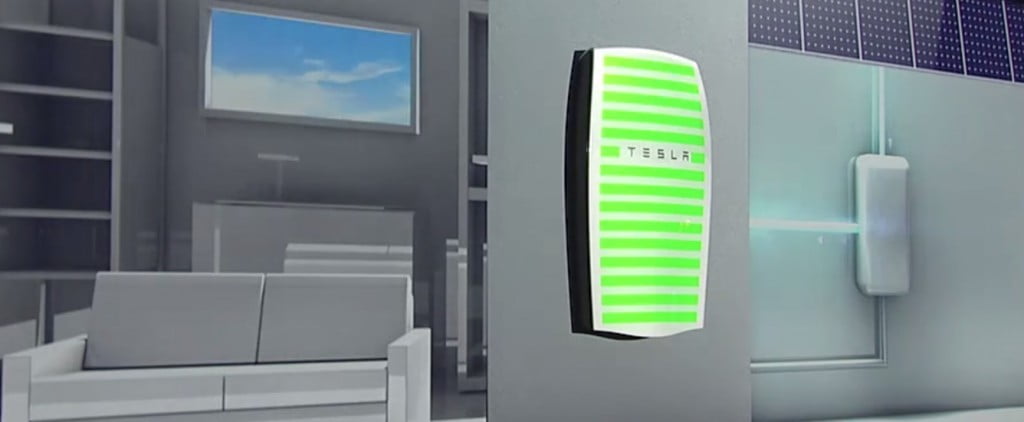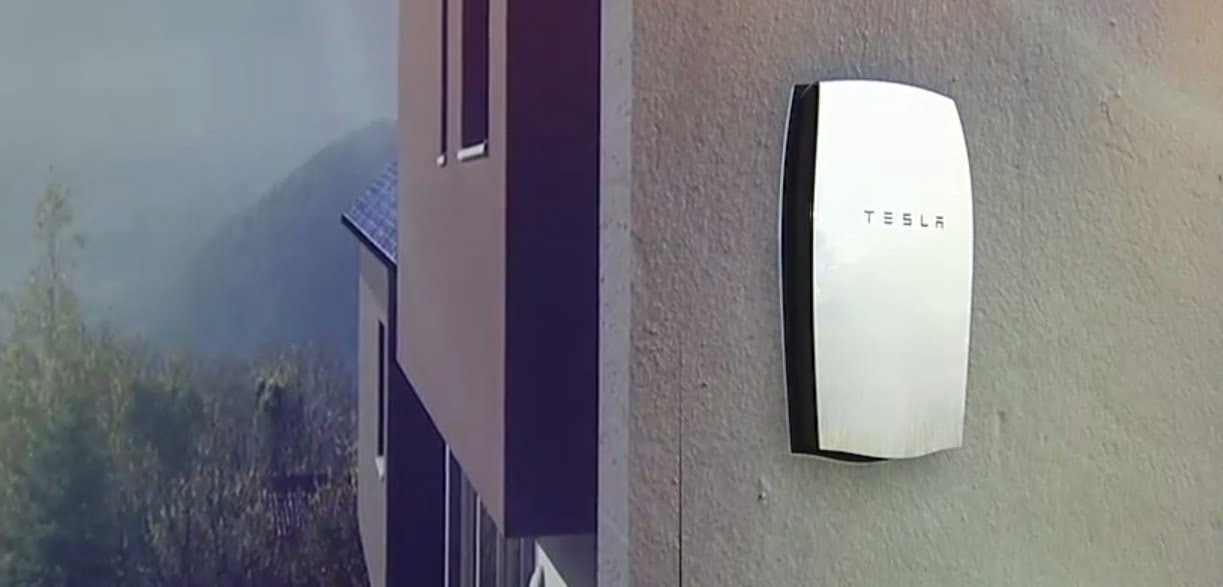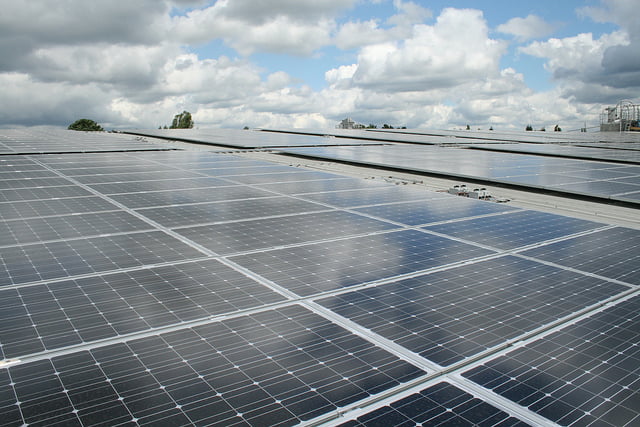Solar energy has long been deemed as a viable sustainable solution to the global energy crisis, and Israel – a nation barren of oil resources – is at the forefront of such renewable energy solutions. The country has been successful at manipulating its abundance of sunlight using solar panels, which turn sunlight into electrical power, providing clean and cheap energy for a number of businesses and large office buildings.
Now Israeli engineers are teaming up with master entrepreneur Elon Musk’s electric vehicle company Tesla Motors to develop a new type of solar energy solution that could power entire communities, house by house. The collaboration between Israel-based SolarEdge Technology, a major player in photovoltaic electronics, and Tesla, comes just in time for World Environment Day, shedding light on the important progress in making sustainable energy solutions more accessible.
SEE ALSO: How Going Solar Can Earn You Some Extra Income
Tesla – known for its innovative electric cars – is now venturing into residential battery products, enlisting the help of SolarEdge to develop an advanced inverter solution that will be integrated in a new home battery Tesla calls the ‘Powerwall’. SolarEdge’s inverter converts sunlight from solar panels into specific electric currents that can be used to power home appliances. The final product will be a 220-pound, wall-mounted, rechargeable lithium-ion battery designed to power our homes throughout day and night, even after the sun goes down. What makes it rechargeable? Powerwall charges using electricity generated from solar panels, or it can accumulate traditional electricity when utility rates are low (if necessary) to power your home in the evening.
Tesla’s collaboration with SolarEdge is a vote of confidence in the Israeli technology. Tesla’s CEO Elon Musk, a world-famous entrepreneur and inventor, is confident that Powerwall’s technology will prevail and leave a successful mark on the industry. “The issue with existing batteries is that they suck,” Musk told The Huffington Post. “They’re really horrible. They’re expensive. They’re unreliable. They’re sorta stinky, ugly, bad in every way.” Musk’s environmental ambitions – in line with SolarEdge’s goal to produce and supply clean energy – have already captured the attention of major American companies such as Target, Wal-Mart, and Amazon.
SEE ALSO: Will Tesla’s Driverless Car Be Powered By Israel’s Mobileye Technology?
While Tesla’s electric vehicles are priced at a whopping $70,000, the Powerwall battery (integrated with the SolarEdge inverter) is expected to retail at much more reasonable prices of $3,000-$3,500, introducing a more economical approach to residential solar power generation and attempting to appeal to more customers. The latter endeavor may prove successful based on the fact that the average US household spends $400 over a three-month period in the summer, according to the US Energy Information Administration, making the Powerwall a highly appealing solution as the unit costs less than two years’ worth of electricity bills, in comparison.
Sign up for our free weekly newsletter
Subscribe The Powerwall home battery system is expected to hit the residential market at the end of 2015. Orders are currently being taken on Tesla’s website with deliveries expected to begin this summer. “Like SolarEdge, Tesla recognizes the need and opportunity to develop innovative solutions designed to lower the cost of solar energy and make clean, renewable energy more feasible for customers around the world,” Lior Handelsman, SolarEdge’s VP of Marketing and Product, said in a press release.
The Powerwall home battery system is expected to hit the residential market at the end of 2015. Orders are currently being taken on Tesla’s website with deliveries expected to begin this summer. “Like SolarEdge, Tesla recognizes the need and opportunity to develop innovative solutions designed to lower the cost of solar energy and make clean, renewable energy more feasible for customers around the world,” Lior Handelsman, SolarEdge’s VP of Marketing and Product, said in a press release.
Tesla and SolarEdge are also hoping the partnership will allow homeowners to become increasingly energy independent by cutting down on greenhouse gas emissions and reducing the use of fossil fuels. “Together, we are taking the first step towards widespread adoption of integrated solar energy generation and storage in the residential market,” Handelsman said.
SolarEdge, which raised $126 million in its IPO earlier this year, has already shipped 1.3 million inverters and other photovoltaic products to more than 70 countries since 2010, according to company data. The company was co-founded by Guy Sella and Lior Handelsman in 2006. Before going public, between 2009 and 2011, the company privately raised $85 million in three funding rounds.
Now, with Tesla at the helm, SolarEdge’s leading photovoltaic solar panel technology could potentially reach millions of households around the world, making our homes the next sustainable frontier.
Photos and infographics: Tesla Motors
Related posts

Resilient And Nutritious New Plant-Based Milk Aims To Make A Splash

Chocolate From Cultivated Cocoa Comes Without Environmental Toll

Plastic Fantastic: Startup Takes PVC Back To Its Crude Oil Roots






Facebook comments